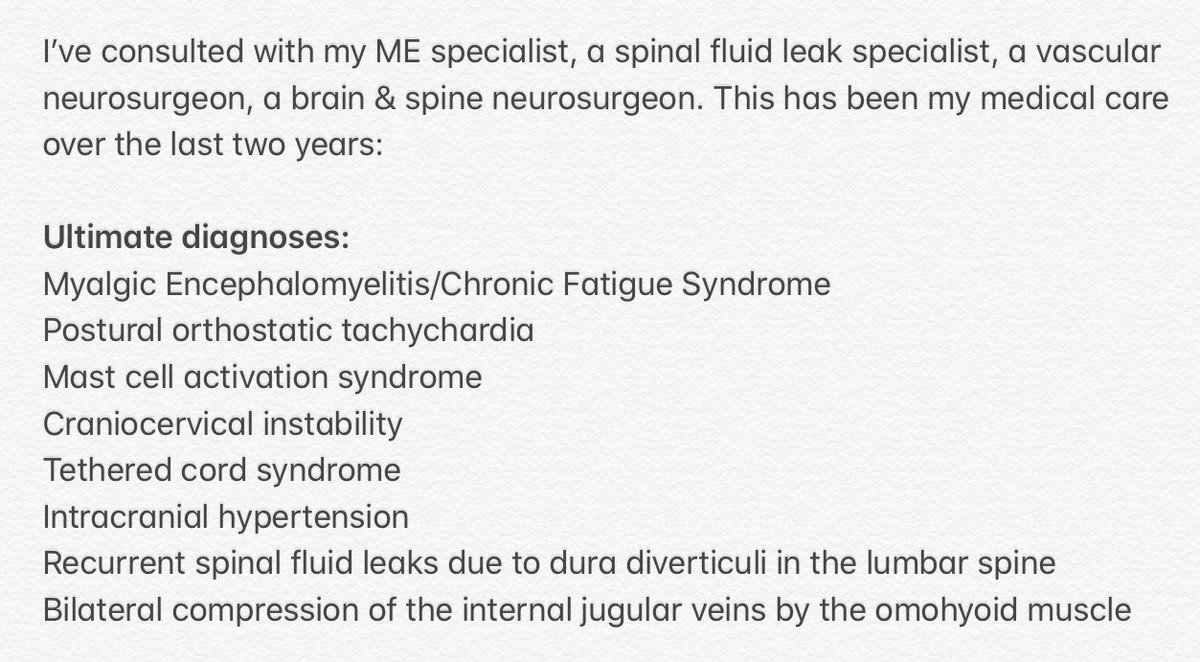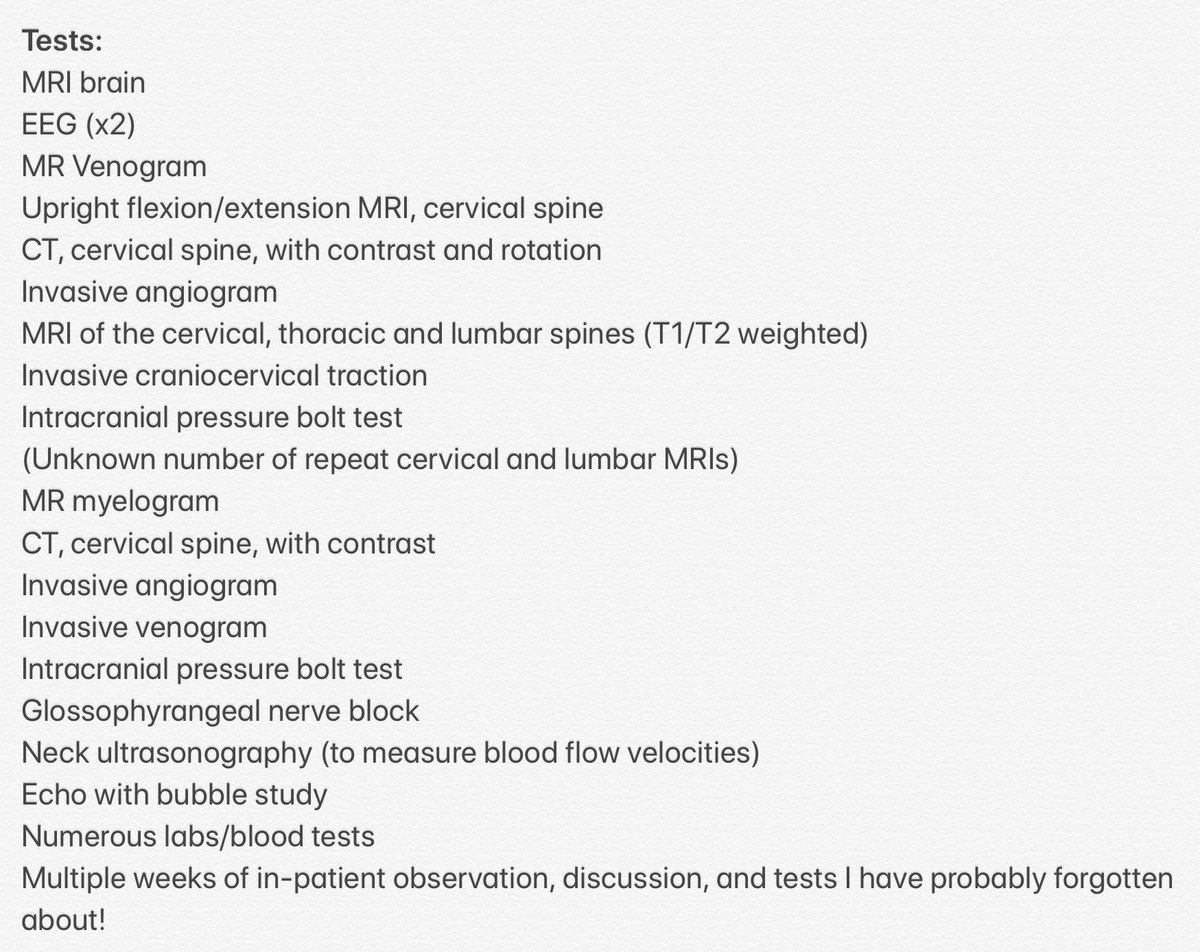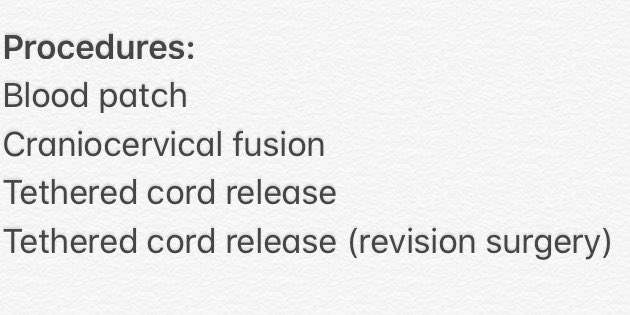


– their trigger was infectious or involved a physical trauma
– they have a connective tissue disorder
– they have MCAS
– they are not getting better w/ recommended treatment



Keep Current with Jennifer Brea🦒
This Thread may be Removed Anytime!
Twitter may remove this content at anytime, convert it as a PDF, save and print for later use!

1) Follow Thread Reader App on Twitter so you can easily mention us!
2) Go to a Twitter thread (series of Tweets by the same owner) and mention us with a keyword "unroll"
@threadreaderapp unroll
You can practice here first or read more on our help page!